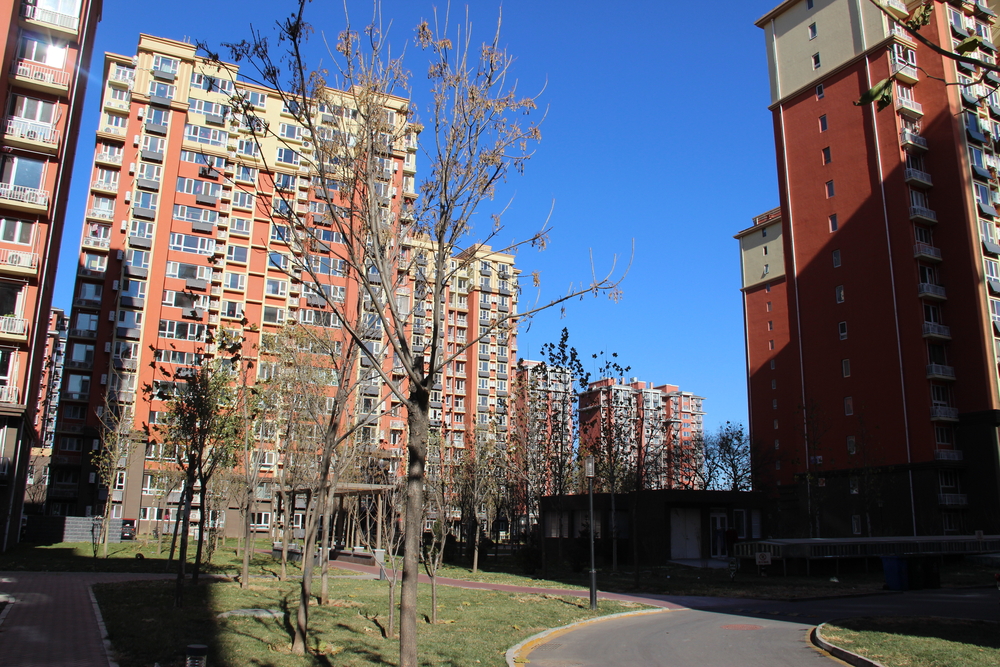New policies have been announced to help revive Mainland China’s property market
It began to cool in March with the recurrence of the COVID-19 outbreak, an expected fall in personal income, and stalled sales activities

As reported by Xinhua, China is implementing programs to bolster rational homebuying.
The housing market continued to experience a decline in April, with several cities reporting slower growth or falling prices. It began to cool in March with the recurrence of the COVID-19 outbreak, an expected fall in personal income, and stalled sales activities.
More: Mainland China’s property market to survive slump by easing policies
According to National Bureau of Statistics data, 39 major Chinese cities experienced a month-on-month (MoM) decline, 10 more than in March, however, new property prices in four first-tier cities increased 0.2 percent MoM in April.
Thirty-one of the second-tier cities saw their new home prices drop by 0.1 percent MoM, while 35 of the third-tier cities saw their prices fall by 0.6 percent.
Faced with dwindling demand, China has aggressively implemented supportive measures to bolster buyer sentiment while fostering the sector’s sound development.
In line with this, the People’s Bank of China (PBOC) and China’s Banking and Insurance Regulatory Commission (CBIRC) announced a reduction in mortgage loan interest rates for some home buyers, allowing commercial banks to decrease the lower limit of interest rates on home loans by 20 basis points for first-time homebuyers, based on the tenor of the benchmark loan prime rate.
The new minimum mortgage rate will influence local governments and banking institutions on credit regulations, promote real estate developers to actively offer their projects, and lower homebuyers’ expenses even further, according to South China Morning Post.
“Combined with policies such as lowered down payments, lowered mortgage interest rates, loosened restrictions on second-hand housing sales … [the new adjustments] will create better conditions for a more active market in mid-to-late May and even later,” said Yan Yuejin, director of Shanghai-based E-house China Research and Development Institute.
The PBOC and CBIRC will advise banks in each city on how to alter their own interest rates and pricing in compliance with national requirements and market conditions.
The Property Report editors wrote this article. For more information, email: [email protected].
Recommended
Why everyone is moving to Selangor and Johor: Malaysia’s real estate comeback
Malaysia’s upturn in fortunes is especially prevalent in secondary destinations such as Selangor and Johor
Penang’s silicon boom: How the US-China tech war is supercharging local real estate
Penang’s booming semiconductor industry has created ripples within the local real estate sector
New leader, new opportunities: How Hun Manet is shaking up Cambodia’s real estate game
Hun Manet is overseeing decent economic growth and widening access to the country’s real estate market for foreigners
Singapore embraces inclusive housing reforms amid resilient demand
The Lion City’s regulatory strength continues to exert appeal for international investors








